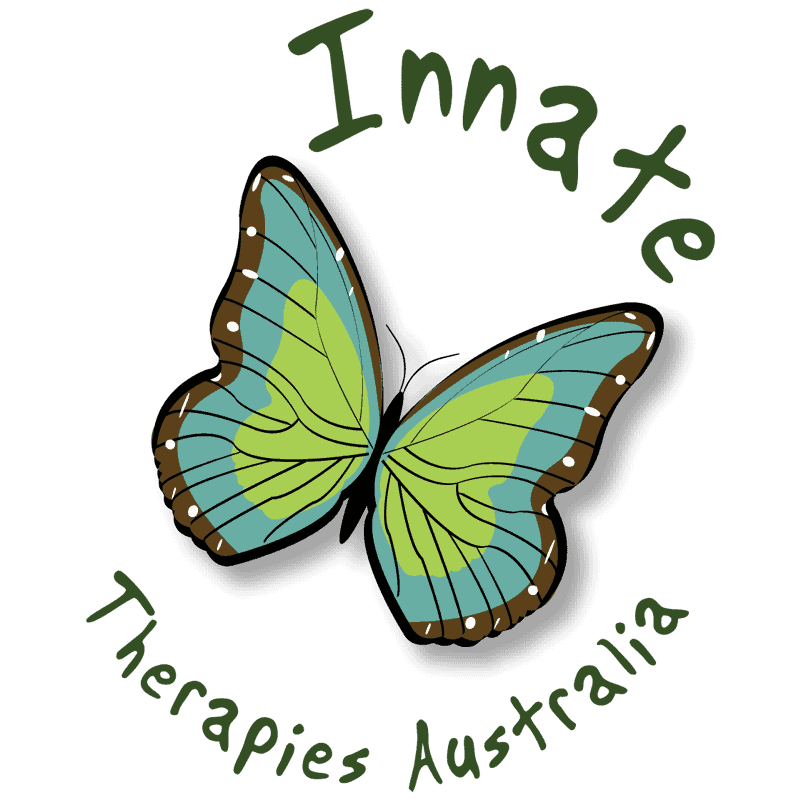But being a parent to a neurodiverse child can be harder, a lot of the times there isn’t that basic knowledge there- you can’t rely on your friends and family, or other mums- because they don’t have a neurodiverse child. When a child you love with all your heart is struggling, the most natural thing in the world to do is respond.
However, when you don’t know what to do and your child is hurting, it’s then easy to fall into protect, fix, and hover mode- enter helicopter mum- you know this isn’t the best way to parent, but you don’t know what else to do, and you need to do something.
Neurodiversity commonly refers to children and adults with:
- ADHD
- Autism
- Dyslexia
- Dyspraxia
- Other learning difficulties
If your child has recently been diagnosed, it is easy to fall into these parenting traps:
- Underestimating: children who a neurodiverse create their own set of coping skills as they navigate through life. These children have many positives: The child with ADHD has incredible focus on certain tasks; they are spontaneous and empathetic. The child who has autism is have great memories and pay attention to small details; when they find a topic they love, I dare you to try and find someone who knows more about that topic then them. Children with dyslexia have unbelievable visual memories- in fact they have better visual memories then children without dyslexia, this means they can make great graphic designers.
- Susceptibility to stigma: I was a teacher for many years, and I’ve had countless of conversations with parents who are scared to label their child because they are terrified of judgement and bullying. However, think of the flip side- finally your child knows what is happening, they finally have an answer, and they now know they aren’t “dumb” or “stupid”– they are just lacking the supports they need in place.
- Looking for answers in all the wrong places: As I touched on before- trying to find the information you need can be difficult. Who do you listen to? As a provisional psychologist, please find your information from reputable sources and that area evidence based. These sources undergo tests to see if they are valid and reliable. The research that is conducted must progress through and ethics body. Sometimes people give information because they can make personal finical gain. Come see us at Innate Therapies, we are more than happy to help!
- Clinging to unrealistic ideals: As Elsa says- ‘Let it go!’. Sometimes parents are slow to act. Sometimes parents a secretly hope that a child’s differences can be remedied or that they can be ironed out completely. Sometimes they may say my child isn’t ‘normal’ or they want their child to just be average. It is unfair to a child to contend with ‘normal’ and ‘average’ when there are real difficulties they are competing with. Our children are beautiful, and we need to send them a strong message of love and acceptance for person they are now! After all they have such beautiful and diverse mind that have untapped alternative capabilities.
Responding to the needs of your neurodiverse child at times will be challenging at times- this is due to lack of awareness and systems, like schools, being set up for neurotypical children. However, seeking help from a trained profession can be a way for you to learn the most effective intervention strategies for you child, all the while deepening your bond and love for one another.
Innate Therapies is currently taking referrals for new clients. To book in or chat with us for more information contact us on 0414 480 934 or at adminteam@innatetherapies.com
Written by Jacqui Garrigan[/vc_column_text][/vc_column][/vc_row]

